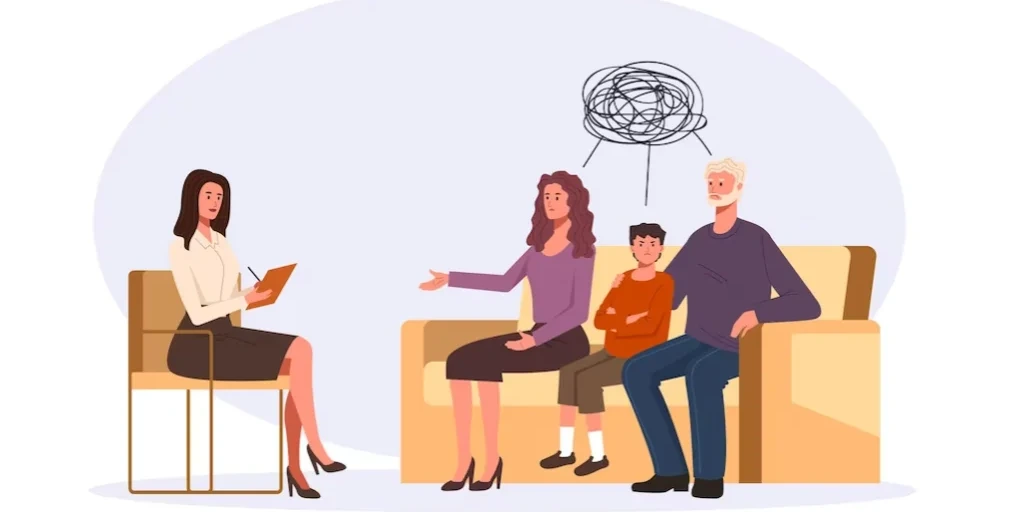24/7 Helpline:
(866) 899-111424/7 Helpline:
(866) 899-1114
Learn more about Residential Rehab centers in Zapata
Residential Rehab in Other Cities
Other Categories in Zapata

Other Insurance Options

Choice Care Network

Covered California

State Farm

Absolute Total Care

Multiplan

Health Partners

Access to Recovery (ATR) Voucher

Oxford

Ceridian

Magellan Health

American Behavioral

CareSource

Molina Healthcare

Aetna

Regence

Meritain

UMR

BlueCross

Magellan

Lucent


SCAN – Serving Children and Adults in Need
Serving Children and Adults in Need (SCAN) provides outpatient services for teens. They provide serv...

Border Region
Border Region is a private rehab located in Zapata, Texas. Border Region specializes in the treatmen...























